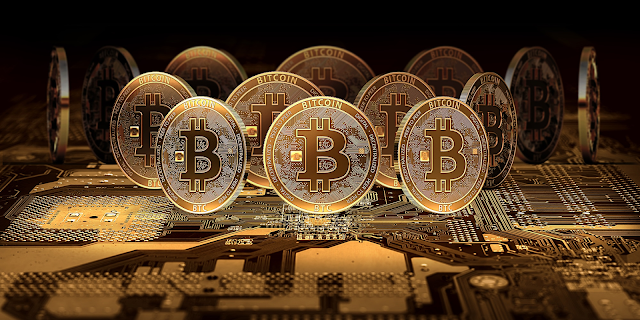Complete Blackout
The Consequences of a Complete Power Grid Failure in America
Imagine a scenario where the entire power grid across the United States fails, plunging the nation into a complete blackout. No electricity, no internet, no phones, and no communication. This hypothetical situation, though unlikely, presents a host of challenges and potential crises. Here, we explore what might happen in such an event, including the types of crimes that could arise and the hardships people would face.
Immediate Impact
Disruption of Daily Life
The immediate impact of a nationwide blackout would be the sudden halt of all activities dependent on electricity. Homes, businesses, hospitals, and public services would be without power. Transportation systems reliant on electricity, including trains and subways, would come to a standstill. Air travel would be severely disrupted as air traffic control systems fail, leading to grounded flights.
Panic and Confusion
The initial hours would likely see widespread panic and confusion. Without access to news or official communication, misinformation and rumors could spread quickly. People would rush to stock up on essentials like food, water, and fuel, leading to shortages and possible clashes over resources.
Crime Surge
Looting and Burglary
With the failure of security systems and law enforcement spread thin, looting and burglary would become immediate concerns. Businesses, particularly those selling essential goods like food and medicine, would be prime targets. Residential areas might also experience a rise in break-ins as people become desperate for supplies.
Violent Crimes
The absence of law enforcement presence could lead to an increase in violent crimes, including assaults/rape and robberies. Gangs and organized crime groups might take advantage of the chaos to expand their influence and control over certain areas.
Cybercrime Reduction
Ironically, cybercrime would see a decline, as the lack of internet connectivity would disable hackers’ ability to operate. However, this would be a small consolation in the face of the broader crisis.
Hardships Faced by the Population
Food and Water Shortages
Without power, refrigeration would fail, leading to food spoilage. Supply chains dependent on electronic systems would break down, resulting in shortages of food and clean water. People in urban areas would be particularly vulnerable, as they rely more on supply chains compared to rural residents who might have access to local produce and water sources.
Health Crises
Hospitals and healthcare facilities would struggle to operate without power. Life-saving equipment and medicines requiring refrigeration would be compromised. There would be an increased risk of disease outbreaks due to lack of sanitation and clean water. People dependent on medical devices, such as ventilators and dialysis machines, would be in critical danger.
Economic Collapse
The economy would grind to a halt as businesses are unable to operate. Stock markets would crash, and financial transactions would be impossible without electronic systems. This would lead to a rapid deterioration in economic stability, with long-term repercussions on employment and living standards.
Social Unrest
Breakdown of Order
As days without power turn into weeks, the breakdown of social order would become more pronounced. Community tensions might escalate into riots and civil unrest. In some areas, local militias or community groups might form to provide security and maintain order, though this could lead to further conflicts.
Migration and Displacement
People in heavily affected urban centers might attempt to migrate to rural areas in search of resources and safety. This could lead to overcrowding in rural communities, further straining their resources and creating new tensions.
Long-Term Effects
Technological Regression
Over an extended period, the lack of power and communication would cause a regression in technological advancements. Societies might revert to more primitive means of communication and transportation, relying on manual labor and animal power.
Psychological Impact
The psychological toll on the population would be immense. The sudden loss of modern conveniences, coupled with the struggle for survival, would lead to widespread mental health issues, including anxiety, depression, and post-traumatic stress disorder (PTSD).
Mitigation and Preparedness
Community Resilience
Communities with strong local bonds and self-sufficiency practices would fare better. Encouraging community resilience through local food production, water conservation, and emergency preparedness can mitigate some of the hardships.
Government and Policy Measures
Governments can invest in strengthening infrastructure to prevent such failures. Policies promoting renewable energy sources, microgrids, and decentralized power systems can reduce dependency on a single power grid and enhance resilience.
Personal Preparedness
Individuals can prepare by having emergency supplies, such as food, water, and medical kits. Learning survival skills and having a plan for communication and safety can also improve personal resilience.


Comments
Post a Comment